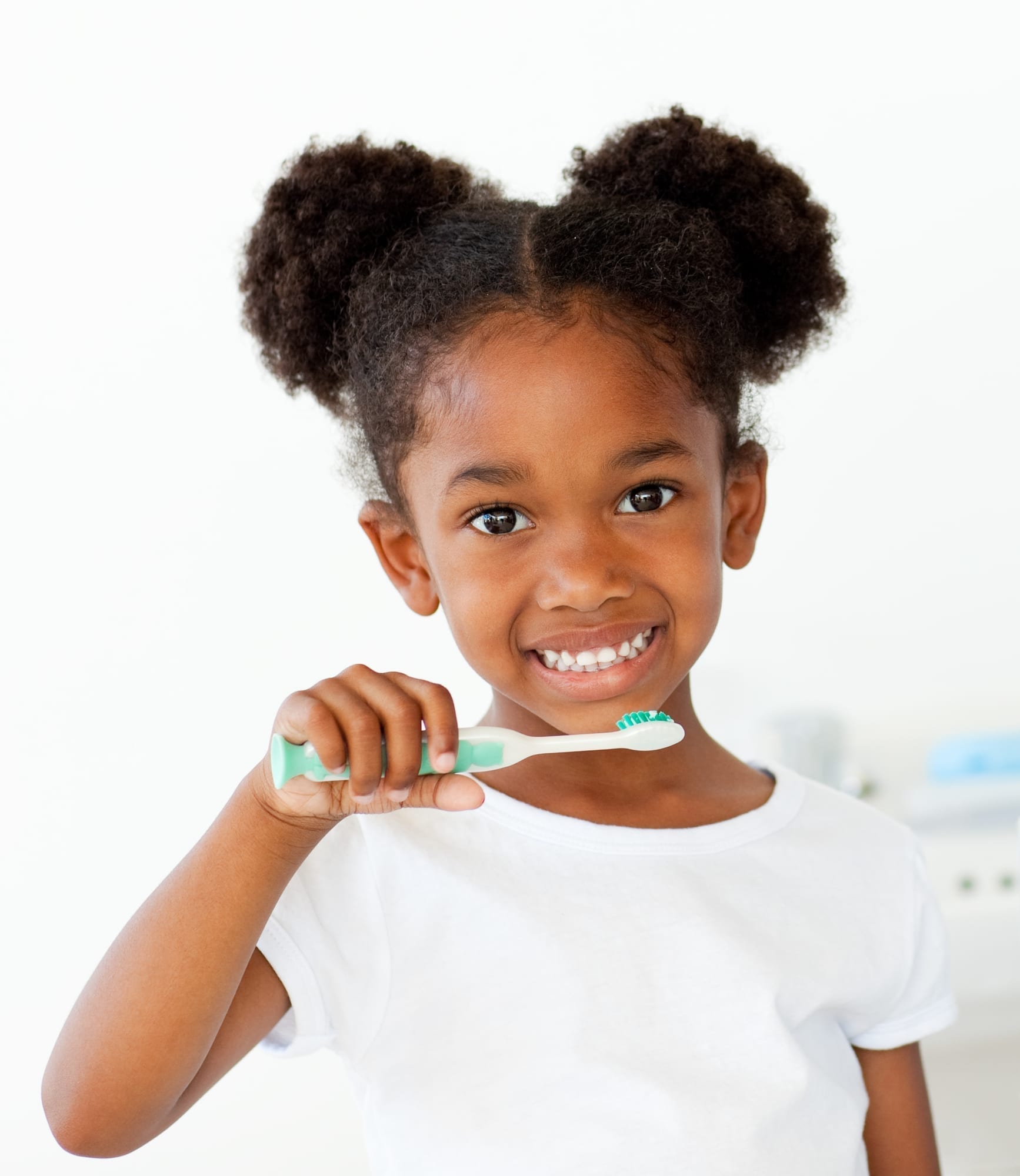According to the C.S. Mott Children’s Hospital National Poll, one in six parents believed that dental visits for children aren’t necessary until age four or older. Contrary to that belief, dental professionals and the American Dental Association stress the importance of dental visits as early as 12 months or six months after a baby’s first tooth erupts, whichever comes first.
If your child has passed both of those milestones, don’t worry! There is still time to offer your little one the oral health care he or she needs to achieve a healthy and beautiful smile.
Not convinced that pediatric dentistry is necessary? Continue reading to learn three important reasons children should visit the dentist by their first birthdays.
1. Prevention
Pediatric dentistry mainly focuses on preventive treatments that reduce serious and not-so-serious oral health problems in infants and children. Except for some possible genetic oral health problems, most children begin with a clean slate when it comes to their mouths. The goal is to help children maintain that good oral health throughout their childhood and the rest of their lives.
Regular dental cleanings and exams are two of the most important parts of preventing tooth decay, gum disease, and tooth loss. Beginning at age one, children should be attending these appointments at least every six months. During the appointment, the dentist may recommend other forms of prevention, such as fluoride treatments and sealants.
Dental exams are especially important for predicting and avoiding or preparing for future oral or dental health problems like malocclusion.
2. Education
Another main focus of pediatric dentistry is education. Caring for another person’s mouth can be difficult, but parents do it every day! The guidance and advice from a pediatric dentist make this process much easier.
Pediatric dentists help parents understand their child’s mouth by using everyday language, props, and helpful resources. Kids’ dentists often answer questions concerning:
- Brushing techniques
- Flossing techniques
- How to get your child to brush and floss consistently
- Healthy eating habits
- Tips for weaning a child off of a pacifier
- Breaking thumb-sucking habits
- What to do during a dental emergency
When you have a question about your little one’s oral health or development, a pediatric dentist should be your first call!
3. Relationship
Building relationships with children and their families is so important for establishing good oral hygiene habits. Pediatric dentists prioritize creating an environment where children feel at home. This could include having bright colors on the walls, using fun props while talking to your child, and having toys in the waiting room.
While the first visit can be overwhelming, children usually grow accustomed to the sights, sounds, and smells of a dental practice pretty quickly. Choosing a skilled and passionate pediatric dentist, a good experience is almost guaranteed even for children as young as one year old.
Our Pediatric Dentist in Overland Park
Dr. Matt at Smiles Dentistry for Kids offers parents and children a unique, comfortable, and informative dental experience. We strive to create an environment where people of all ages feel at home, but especially the little ones!
Dr. Matt has a passion for children’s dentistry that is hard to come by. So, if you’re searching for a dentist who will care about your child’s mouth health as much as you do, look no further! We’d love to make your family a part of ours. Call (913) 685-9990 to schedule your child’s first visit.









